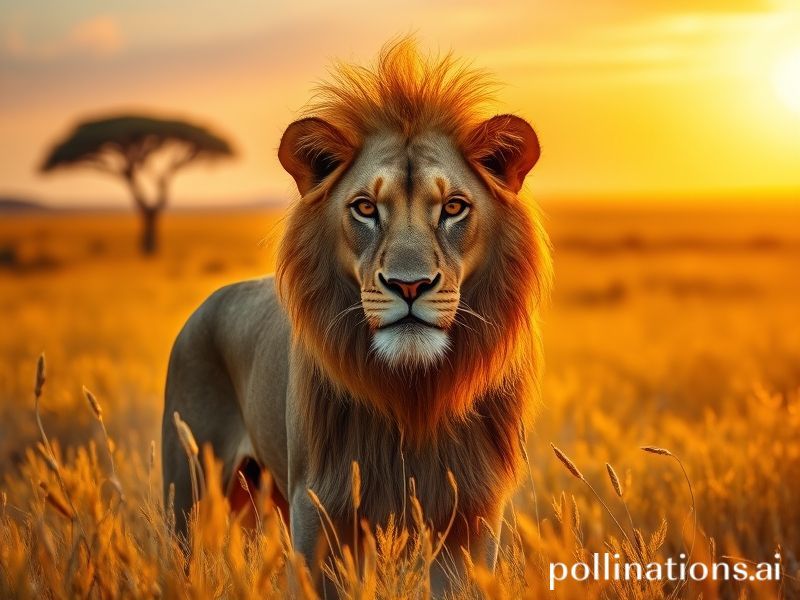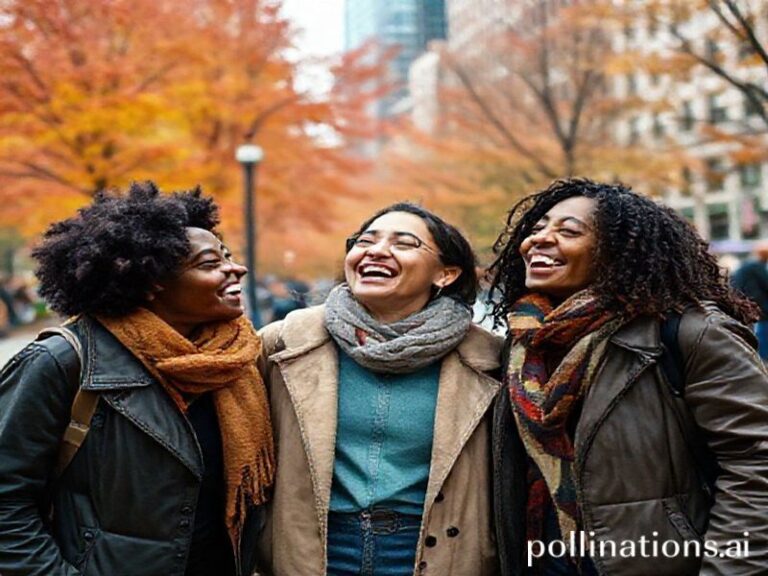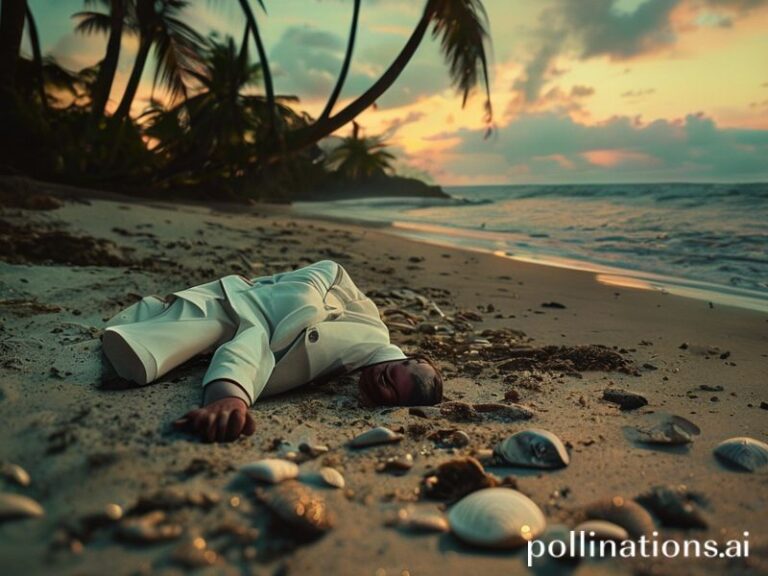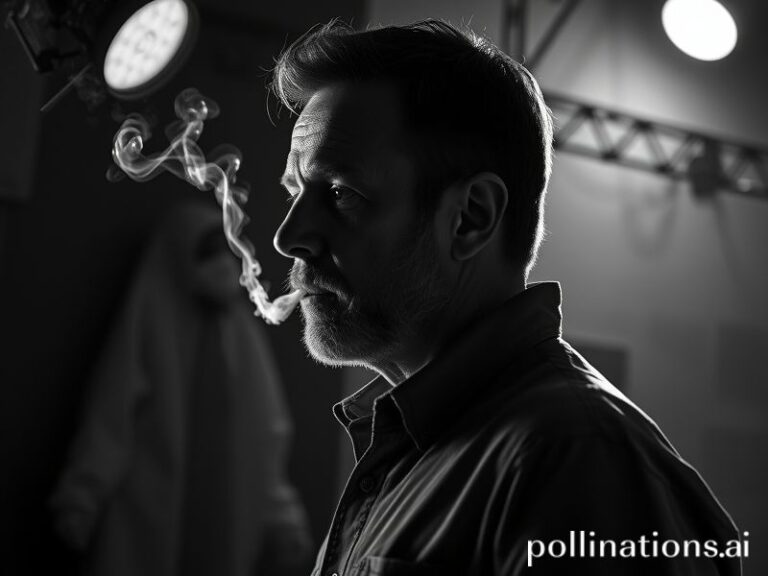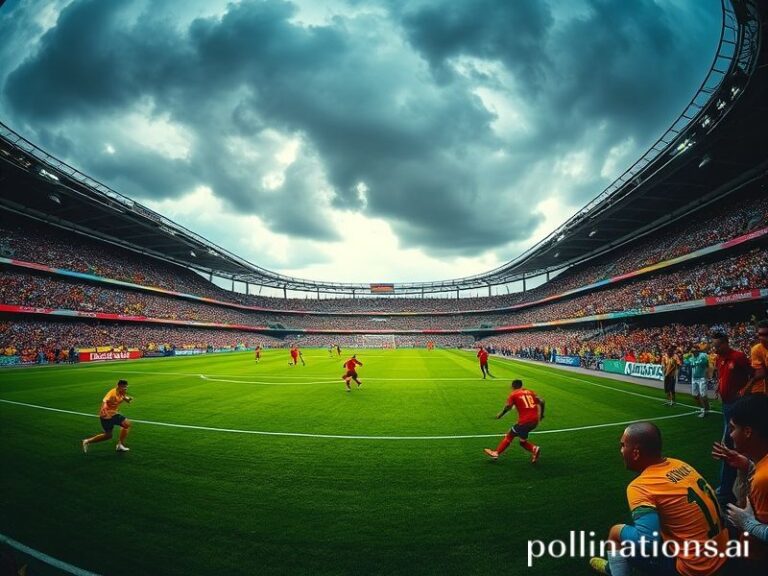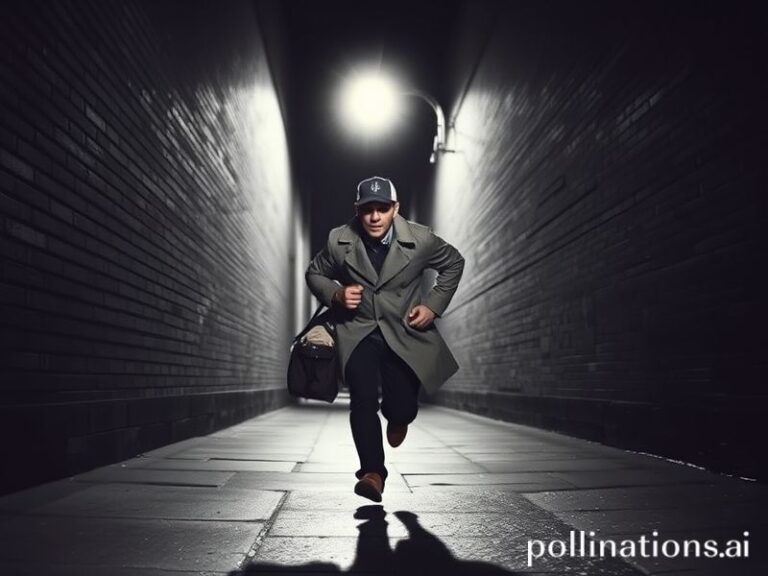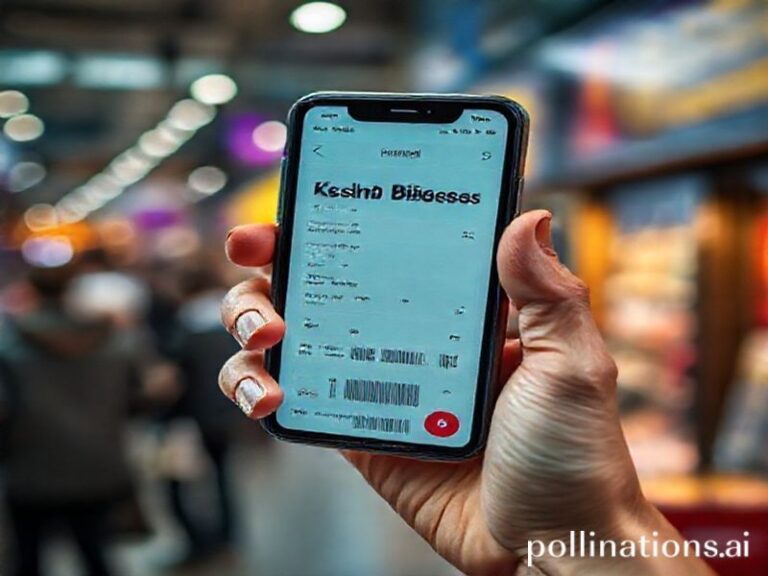Click, Capture, Conquer: The Internet’s Obsession with the Wildlife Photographer of the Year
**Click, Capture, Conquer: Why the Wildlife Photographer of the Year Contest Has the Internet Hooked**
In a world where we’re all armed with cameras (thanks, smartphones), you’d think everyone would be a photographer. But let’s be real, most of us are just #blessed with the occasional Instagram-worthy sunset or a slightly less blurry selfie. That’s why we’re all collectively bowing down to the masters of the craft, the ones who brave the wild, the wet, and the weird to capture nature in all its glory. Enter: the Wildlife Photographer of the Year contest.
**Why is it trending?**
First off, let’s talk about the internet’s love for a good underdog story. The Wildlife Photographer of the Year contest, organized by the Natural History Museum in London, is like the Oscars of the wild kingdom. It’s where photographers from around the globe show off their best shots, and we, the humble internet users, get to vote for our favorites. It’s like March Madness, but with fewer brackets and more baby animals.
But why the sudden surge in popularity? Well, in the age of deepfakes and AI-generated art, there’s something refreshingly authentic about a contest that celebrates raw, unfiltered nature. Plus, let’s not forget the power of a well-timed meme. The internet has a knack for turning even the most serious topics into a source of humor, and wildlife photography is no exception. Who can forget the viral sensation of the “dramatic chipmunk” or the “grumpy cat”? These images tap into our collective love for anthropomorphism, the idea that animals are just like us—if us were covered in fur and had a much better sense of smell.
**Cultural Context**
The contest has been running since 1964, but it’s only in recent years that it’s gained global traction. This is partly due to the rise of social media, which has made it easier for photographers to share their work and for audiences to discover and engage with it. But it’s also a reflection of our growing awareness of the natural world and our place in it.
In a time when climate change and environmental degradation are at the forefront of global conversations, the Wildlife Photographer of the Year contest serves as a reminder of the beauty and fragility of our planet. It’s a call to action, a plea to protect and preserve the wild spaces and creatures that call them home.
**Social Impact**
The contest has a tangible impact on both the photographers and the audience. For the photographers, it’s a chance to gain recognition, secure funding for future projects, and raise awareness about the issues they’re passionate about. For the audience, it’s an opportunity to learn, to be inspired, and to connect with nature in a way that’s both profound and accessible.
But perhaps the most significant impact is the way the contest challenges our perceptions of the natural world. It forces us to confront the reality of climate change, habitat loss, and species extinction. It makes us question our role in these processes and our responsibility to future generations.
**What Makes It Significant**
At its core, the Wildlife Photographer of the Year contest is about more than just pretty pictures. It’s about storytelling, about capturing a moment in time that tells a larger narrative. It’s about the power of imagery to evoke emotion, to spark conversation, and to drive change.
In a world that’s increasingly dominated by screens and pixels, the contest reminds us of the importance of the tangible, the real, the wild. It’s a celebration of the natural world and a testament to the skill and dedication of the photographers who capture it.
So, the next time you’re scrolling through your feed and come across a stunning image of a lion in the savannah or a penguin in the Antarctic, take a moment to appreciate the artistry, the skill, and the story behind it. Because behind every great photograph is a great story, and behind every great story is a call to action. And who knows? Maybe the next time you’re out in nature, you’ll see the world through a different lens.

